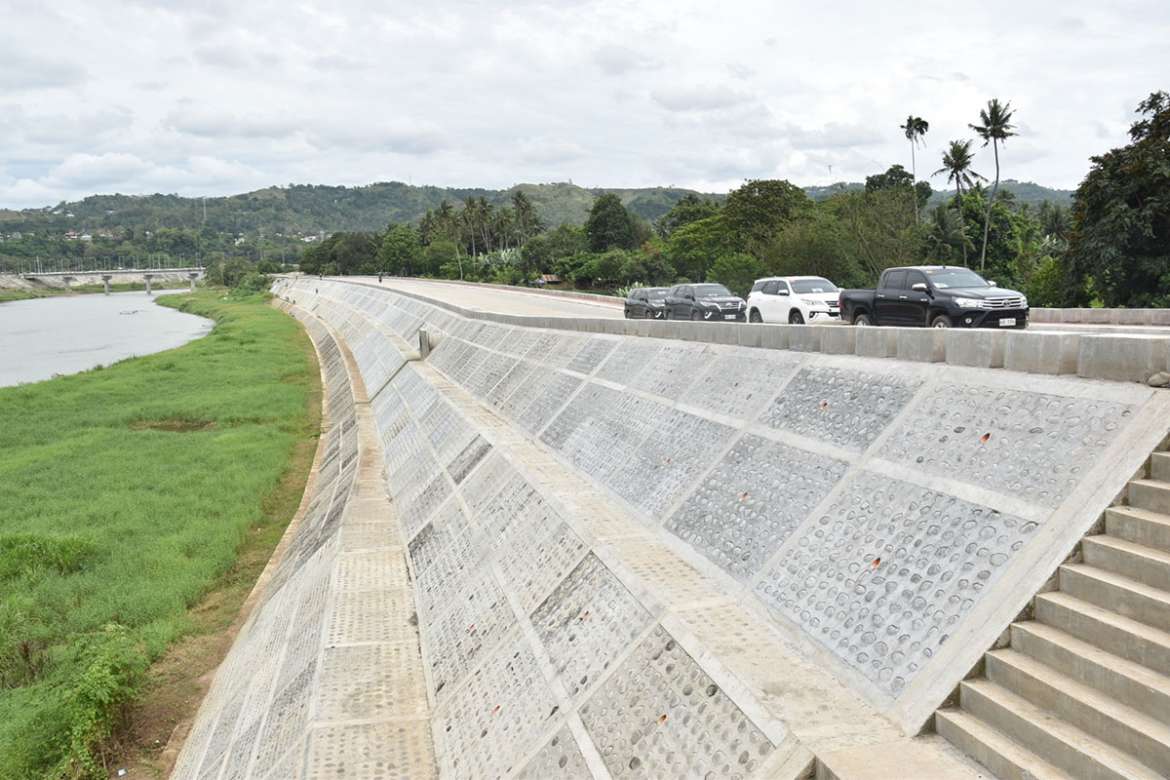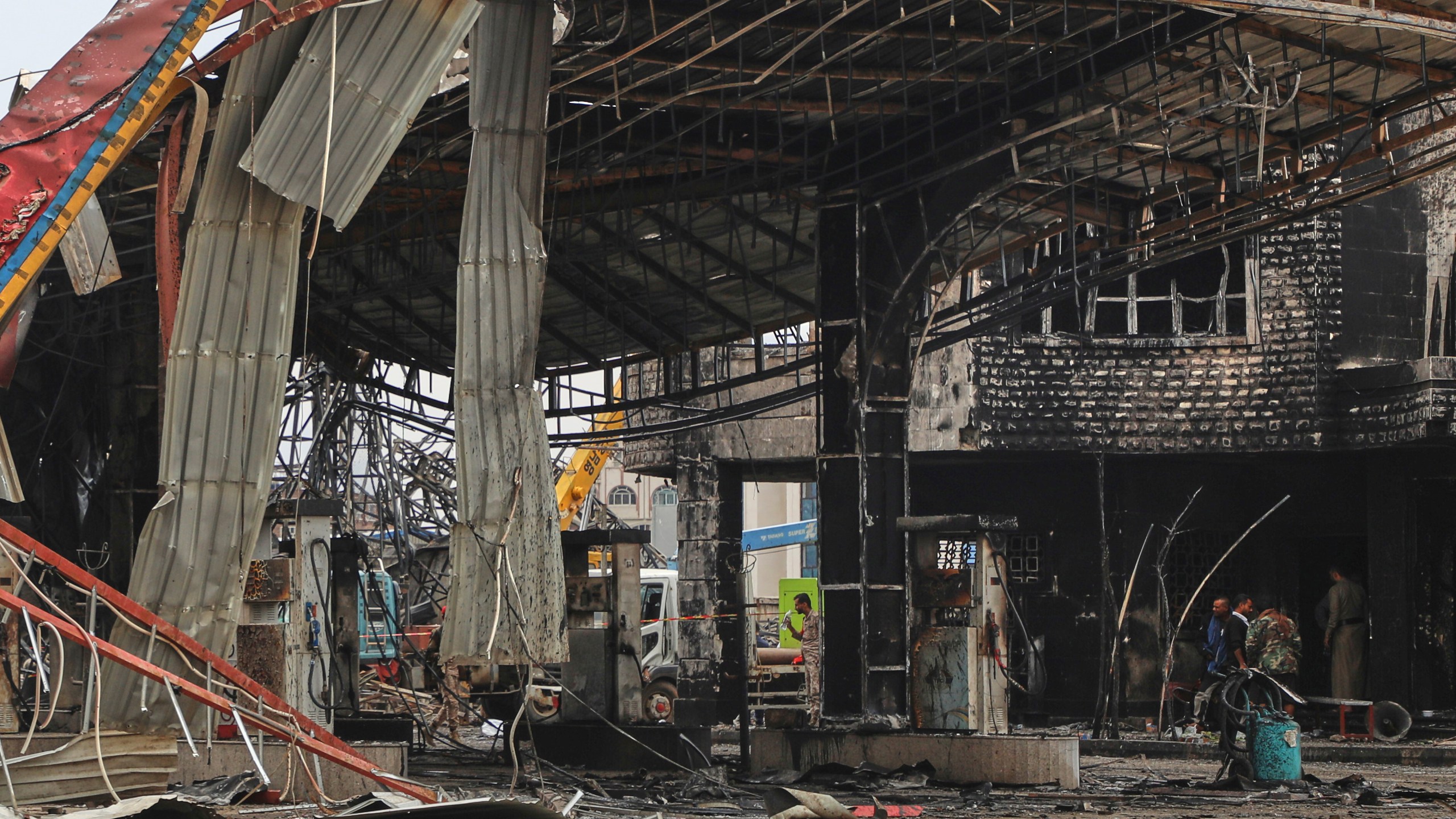21 Sep, 2025
3 min read
Lawmakers Propose Constitutional Amendments to Lower Age Requirements for Philippine Leaders
MANILA – A coalition of progressive lawmakers introduced a resolution at the House of Representatives on Wednesday urging a constitutional convention to revise age limitations for top national offices. The proposed amendments seek to reduce the minimum age for the President and Vice President from 40 to 35 years, and for senators from 35 to 30 years.
The lawmakers, collectively known as the “Young Guns,” include Deputy Speakers Paolo Ortega V and Jay Khonghun; Deputy Majority Leaders Ernix Dionisio Jr. (Manila), Zia Alonto Adiong (Lanao del Sur), Rodge Gutierrez (1-Rider Party-list), Eduardo Rama; and House Public Information Committee Chair Lordan Suan (Cagayan de Oro City).
Highlighting demographic changes, the resolution points out that over 52 percent of the Philippine population is aged below 30, representing a youthful, dynamic, and increasingly educated sector. The authors emphasized that Filipino youth have demonstrated competitiveness on a global scale and possess the social awareness and leadership capabilities needed for national governance.
"Thirty-eight years since the ratification of the Constitution, the Philippines has undergone significant demographic and social shifts, with a majority of its population under 30," the lawmakers stated. They argue that current age restrictions prevent capable young leaders from pursuing the highest offices despite their readiness to serve.
Drawing parallels to countries like the United States, where presidential candidates must be at least 35 years old, the resolution advocates for age reductions to promote inclusivity, intergenerational leadership, and empowerment of emerging leaders.
"It is time to listen to the new generation. Leadership is not determined by age but by vision, compassion, and the willingness to serve," the lawmakers stressed. "By allowing leaders as young as 35 to hold the country's highest offices, Filipinos can benefit from the energy and creativity of youth ready to propel the nation forward."
The resolution underscores the urgency and fairness of these reforms, asserting that the Constitution should facilitate rather than hinder the potential of young Filipinos equipped with innovative ideas and fresh enthusiasm. It also highlights the growing necessity for leaders attuned to contemporary challenges such as digital transformation and climate change—issues that closely impact younger demographics.
The group further noted that political leadership in the Philippines remains predominantly older, creating a disconnect with the aspirations of younger citizens. They contend that leadership qualities encompass competence and integrity, not age alone, and that youth empowerment should be constitutionally guaranteed rather than symbolically represented in governmental roles.
If both the House and Senate endorse the resolution, it will initiate a constitutional convention where elected delegates may draft formal amendments. Any proposed changes will subsequently require approval from the Filipino electorate through a plebiscite, ensuring the public has the final authority on the matter.
Recommended For You
Quezon City Experiences Record-Breaking Rainfall, Floods 36 Barangays
Sep 21, 2025
Paolo Benitez

Rep. Bienvenido Abante Denies Existence of Substandard Flood Control Projects in Manila's 6th District
Sep 21, 2025
Ana Marie Gonzales

Swiatek and Sinner Showcase Resilience at US Open Amidst High-Profile Exits
Sep 21, 2025
Jose Reyes

Israeli Airstrike in Sanaa Kills Yemen Houthi Prime Minister and Senior Ministers
Sep 21, 2025
Jose Reyes
